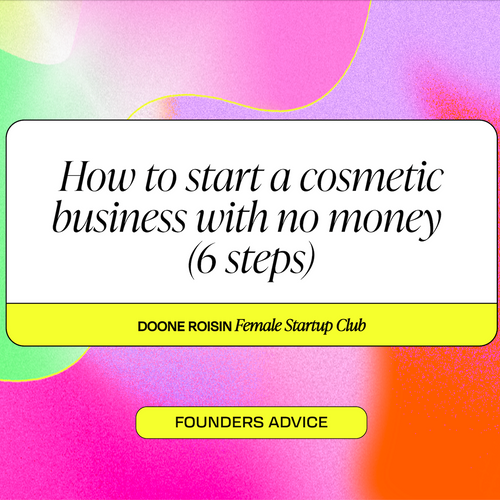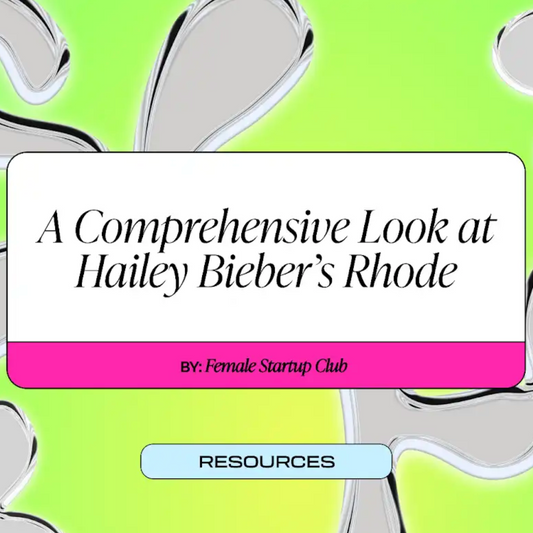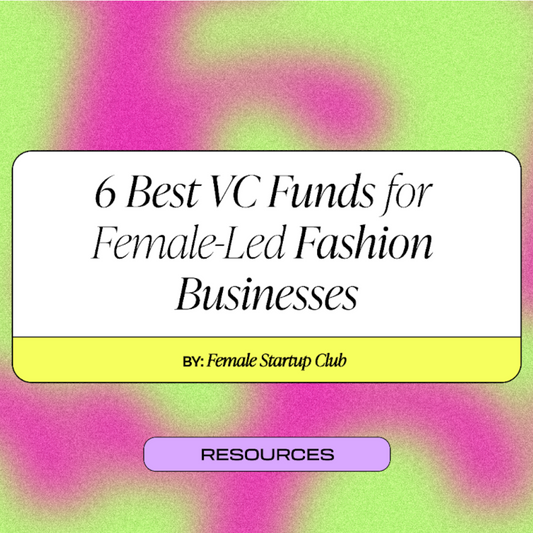Today on the show we’re learning from Ashleigh Hinde, the Founder of a company called WALDO.
Now let me just tell you, this episode is so. damn. good. We get into some nifty tips on how to look at market research and validate your idea, a super hack for outdoor advertising and things to think about if you’re going down the track of subscriptions.
If you haven’t heard of WALDO yet, they are an innovative and accessible DTC eyecare company that believes in the power of positive vision. WALDO sells high quality daily contact lenses and other eyecare products through a bespoke subscription service that is more affordable than the big brands.
Spearheading industry change and innovation, WALDO is committed to making eye care an essential part of everyday life through accessible, high quality products, trustworthy expert service, and a platform to elevate the vision of their customers.
The Birth of WALDO
WALDO isn’t just another eyecare brand; it’s a breath of fresh air in a rather dull industry. Ashleigh started WALDO out of personal frustration. Having dealt with vision issues her whole life, she realized the eyecare market was broken and uninspiring. She wanted to create a brand that not only offered affordable and high-quality products but also made the conversation around eye health more engaging and accessible.
Her vision was clear: to revolutionize the way people view eyecare. With a commitment to innovation, WALDO aims to bring a modern touch to a category that often lacks excitement.
Validating Ideas Through Market Research
One of the first things Ashleigh learned on her entrepreneurial journey was the importance of market research. For anyone looking to validate their business idea, she suggests several cost-effective methods. Public company research can provide invaluable insights into the market size and the potential for growth. This research helped Ashleigh gauge the landscape and understand the competitive environment before launching WALDO.
Bootstrapping and Funding
Funding can be a daunting aspect of starting a business, and Ashleigh’s experience was no exception. Initially wanting to bootstrap, she sent her business plan to a few friends in the finance sector. To her surprise, she raised six times what she had initially sought.
In her case, the regulatory environment of the eyecare industry meant she had to approach funding with a specific mindset. “Capital can be a way to build protection around the business a lot faster,” she shares. For entrepreneurs in less regulated industries, she advises bootstrapping as much as possible to gain early customer learnings while maintaining control over their business.
The Power of Customer Feedback
Let’s talk about the heartbeat of any successful business: customer feedback. For Ashleigh, key moments in WALDO’s journey came from individual customer experiences. From day one, she immersed herself in customer service to understand their pain points. Her commitment to getting granular with customer feedback has helped shape the company’s trajectory.
With about 15,000 reviews under their belt, Ashleigh emphasizes the importance of building a feedback loop from the start. Listening closely to how customers describe their experiences has allowed WALDO to pivot its marketing strategy, shifting the focus from price to quality and convenience. “It’s not just about being the cheaper option,” she explains. “It’s about providing high-quality contacts delivered when you need them.”
Trust and Acquisition
When it comes to acquiring customers, WALDO heavily relies on social media to build trust. Ashleigh acknowledges that while business numbers might not always excite entrepreneurs, they are crucial for understanding your company’s health. “Think about the numbers as letters in a story,” she advises. “They tell you about your strategy and how you’re positioning yourself in the industry.”
Final Thoughts: The Marathon of Entrepreneurship
Ashleigh’s journey with WALDO is a testament to the perseverance required in entrepreneurship. There’s no such thing as overnight success; it’s a marathon filled with countless small decisions. True success lies in hard work and resilience.
She reminds us to embrace the challenges, learning from the tough moments rather than running from them. And just as important, she emphasizes the need to give yourself space to breathe. “If I burn out, the company doesn’t exist,” Ashleigh reflects. “Sometimes you need to step back to come back stronger.”
So, if you’re considering diving into the world of business, take a page from Ashleigh’s book. Embrace the journey, prioritize customer feedback, and remember—your vision can truly change the game!



